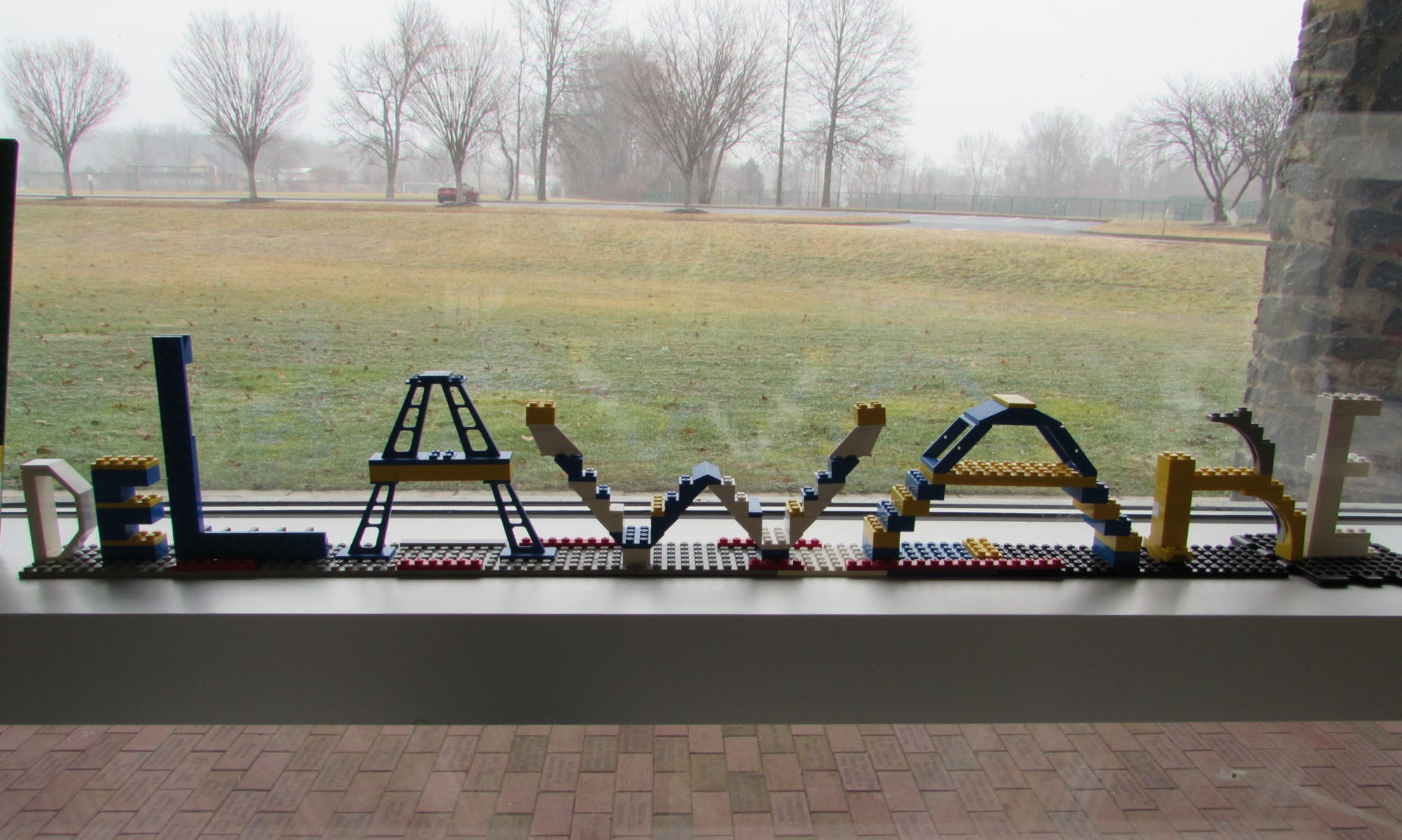When progress means regress.
Ten days ago I started a new morning routine. Wim Hof Breathing is still first thing, but taking it outside in below-freezing temperatures feels like a new experience. I may even regret the onset of spring. Maybe I’ll get an ice tub like the crazies I follow on social media.
I make some tea, grab my journal to put down a few words, and come here to write a post, or, at least, start one.
One morning, as I was finishing the routine, my son found and brought me my first journal, from when I was about 15-years-old. I’ve written about how cruel I remember being at that age, how much I had hardened against the world and used my empathy as a weapon. The journal doesn’t betray that narrative, but adds color to my dark picture. I was searching for answers, frustrated at not finding them. I was writing poetry. It started as extra credit and became much of my public and private personas. I was falling in love for the first time. There was plenty of cynicism too. I saw the attention my writing got me and enjoyed it. Just a mixed up kid trying to figure himself out.
It was around that time that I began experimenting with alcohol. I liked the romantic notion of famous alcoholic writers and started to quote them and identify with them. I thought I was too clever to fall into the traps, or I was pessimistic enough to not care.
That pattern solidified through college. I stopped writing. “Everyone gets writer’s block,” is what I told myself. I had self-medicated myself into a stupor because I was still afraid to face the big emotions I feared as a child.
I’m not afraid anymore. My big emotions are my path to healing. It’s a regressive path traveling into my youth and further, into previous generations of programming and trauma. I’m winding back toward that 15-year-old who was falling in love and wondering what this is all about. I still have more questions than answers, but I’m impossibly optimistic about the truth.
